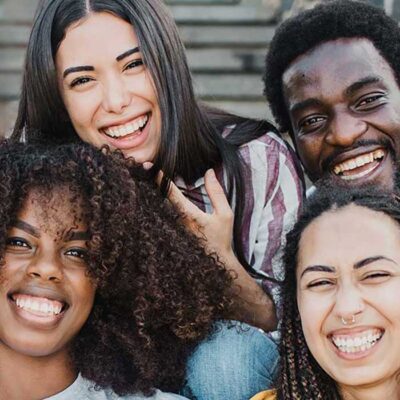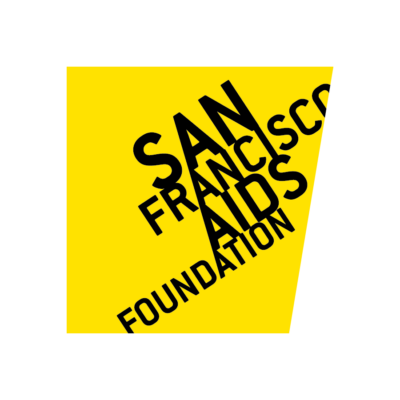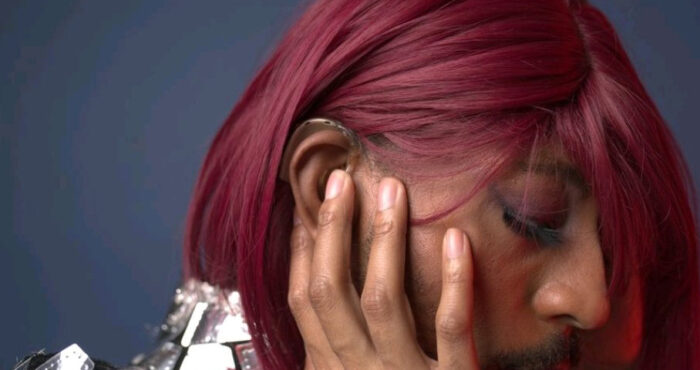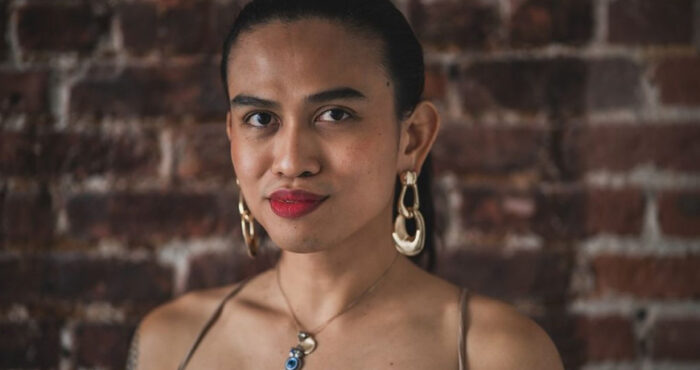Every year, Ms. Billie Cooper, a Black trans elder and Community Grand Marshal for San Francisco Pride, looks forward to the San Francisco Trans March and celebration in Dolores Park.
“This event shows the world that San Francisco is a place for trans people that is based on respect and equality,” she said. “It allows us to stand up, and say that we’re equal to each and every person in San Francisco.”
“In terms of Pride festivities, it’s the one day that is unambiguously for the trans community,” said Luna Salemme, TransLife coordinator. “It’s important for TransLife to be there because our participants deserve to celebrate this. To have a space that highlights their joy and capacity to have beautiful community moments together.”
This year, the 16th annual San Francisco Trans March will be on June 28. The most well-established and well-attended trans event in the U.S., Trans March brings together more than 10,000 trans people and allies to Dolores Park every year. San Francisco community programs including TransLife will host a booth at Dolores Park and march in the parade.
“These large events are important because they reach people who may not be in San Francisco, or even in California,” said Ms. Billie. “Someone, maybe in the deep South, or Texas, or Alaska may see a mirror image of a person who is like them. For years, that person may have thought they could not be their true self. Trans March shows that you can be your true self without hurting anyone—and without hurting yourself.”
“Especially in the last year, with the legal attacks on the trans community and challenges that we are going through politically, there are many narratives about trans suffering,” said Salemme. “And there isn’t enough conversation around our capacity to thrive, take care of one another and celebrate the power of the community. We’re not sad, suffering people. We have a lot of amazing life to live.”
The theme of Pride this year is “Generations of Resistance,” a theme that Ms. Billie said resonates with her experiences as a Black trans woman. A long-time community activist who supported the Tenderloin AIDS Resource Center in the 80s and 90s, she remembers hearing from her elders about the struggles of the Black community in Louisiana and the fight for racial equality.
“I’m standing on the shoulders of many people—of all different identities—and the struggles they’ve experienced,” she said. “Now that I am a trans elder, I embrace that role wholeheartedly. Over the years, I’ve been called a lot of names. But this is one that I love.”
To Salemme, the “Generations of Resistance” theme is a reminder of the gifts that elders—especially Black and Brown trans women that have come before her generation—have given.
“It’s important to recognize all of the contributions they have been able to make to us being able to feel free here,” said Salemme. “It’s also important for us to remember that what we do now, in this moment, is what will determine the experience of the trans people who come after us in the city.”
—
Attend San Francisco Trans March 2019! The celebration in Dolores Park begins at 2 pm, with a resource fair, HIV testing and performers, speakers and special guests on the Community Stage. The Street March beings at 6 pm from Dolores Park, ending at the Compton’s Transgender Cultural District in the Tenderloin.
Join TransLife, an inclusive community group supporting people around gender, identity, sexuality, drugs, sex work, hormone therapy, gender surgery, HIV and more. Find more info about TransLife and join us for an upcoming group.










